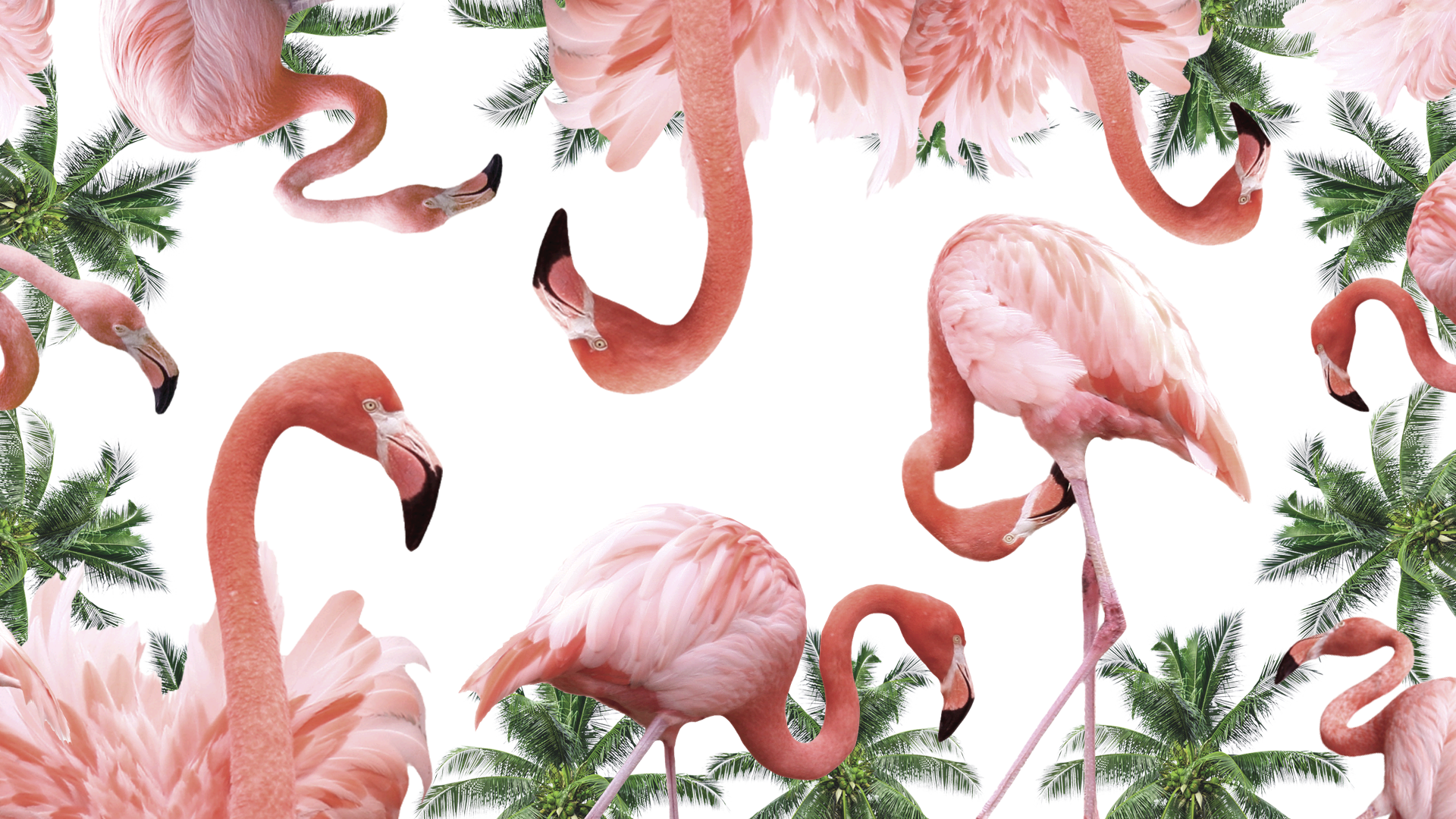Lockdown II or rather III: Hope in Anxiety?
- followingflamingos
- Jan 6, 2021
- 3 min read
Firstly, I hope you and yours are doing ok at this difficult time. Secondly, as this is my mental health blog I feel drawn to it today to share something small but significant I have learned about anxiety which may be useful to you as we navigate 2021.
When I feel anxious and it is prompted by stress - external events rather than internally driven, I can clearly see that I am a worrier and it’s not helpful. I think a lot about what could happen in the future, and I don’t tolerate the not knowing well at all. Uncertainty leads me to worry and worry until I am creating every catastrophic conclusion that it is possible to envisage. Sound familiar?
I think what has been hard for many people this past, almost a year I guess, is the uncertainty of the scale of how the pandemic will impact us. Whatever your politics, it feels like we are living in an ongoing catastrophe, doesn’t it? Who can blame us for catastrophising!!? Will we become ill? How can we protect our loved ones? Will our life get more difficult because of lockdown restrictions, social distancing and staying home to save lives? For some this is in terms of coping with boredom and isolation, for others it’s school and business closures and financial difficulties. There isn’t much point comparing stress, it’s externally caused but the impact is internal and always relative to the person feeling it.
This ongoing uncertainty takes it’s toll on even the most stoic. Living with persistent uncertain circumstances in multiple areas of our lives does not generally sit well with humans. We tend to prefer to believe we have some control over our environment and our future. Perhaps we were sleepwalking into this global crisis, as the only constant in life is in fact change (Heraclitus).
So back to what I have understood from experiences of anxiety....Mainly it is that where there is anxiety it is because there is uncertainty. And if there is uncertainty of any kind, there is a possibility, a small chink of light that is hope. The best possible outcome may be unlikely, but uncertainty does not rule it out.
So where there is anxiety, I believe it is because we believe there is hope. And more importantly there is a capacity for hope which we can grow within ourselves.

Image retrieved from www.millyengland.co.uk
I believe that my theory is backed up by some of the work of the positive pscyhologists C. R. Snyder and S. Lopez . Their view of hope as a capacity generated when people see that their actions (their motivation and their chosen plans) can help them achieve goals, despite setbacks. A hopeful person can stay motivated to keep going along their chosen pathway and when faced with challenges can adapt.
I want to extend this to suggest that when we are anxious, we can identify hope is present precisely because we acknowledge the outcome is uncertain. There is a possibility for a different outcome from the one worst, most terrible end we imagine to the situation...there is a hope, however small, that the worst will not happen. Sometimes the outcome (like the pandemic) is out of our control, but often our reaction to it is not (staying safe, taking precautions, looking after our wellbeing etc.).
If you are reading this and you are overwhelmed with anxiety right now, you probably don’t want to hear that I believe this means you have a ready capacity for hope. But I do believe as I’m periodically one of these people - I know that the pandemic will come and go and I will continue to struggle with and write about my own anxiety - I hope you can believe that by acknowledging that I have hope too because of not despite anxiety, I feel more connected to a positive future and even to that of this crazy planet.
I’ve concluded that I am more invested in taking care of myself, so I can be my best self, precisely because my anxiety drives me to acknowledge hope is possible too. I keep going because I am both anxious and hopeful that my own actions can take me towards a better future.






Comments